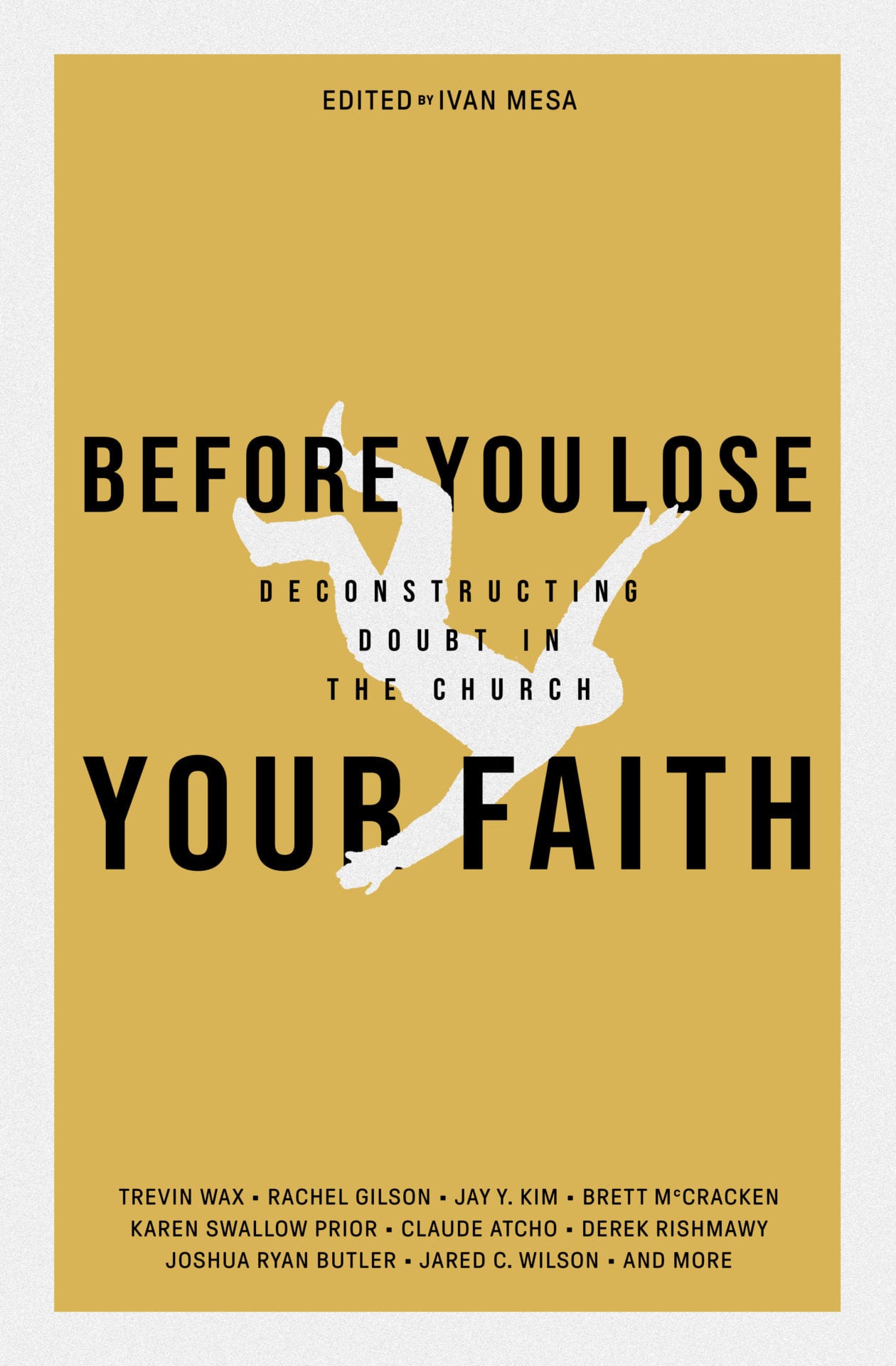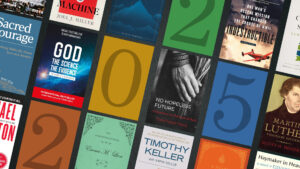This article was originally posted on Christine Hoover’s blog Grace Covers Me.
Kyle and I sat down at the restaurant, away from the children, yet I still couldn’t relax and enjoy myself. I had been consistently distracted for weeks. Slumped at the table, I stared at him and tried to explain how I was feeling.
“I feel overrun with thoughts and emotions, many of them sad and discontented. My brain feels like it’s being pulled in a million different directions. What is going on with me?”
After listening to my winding trail of thoughts for many minutes, Kyle replied, “You check e-mail a lot. You’re on your phone a lot.”
My purse sat on the booth seat beside me, and inside my phone’s blinking green light beckoned even as he said those words. He’s right, I thought, immediately recalling a conversation with a group of women about our children and technology. What was it one of them had said? “When people are on their phones, they’re not present in their surroundings. They’re going someplace else.”
That description explained it all—the discontentedness, the obsessive comparison with other women, the uncertainty and its resulting pursuit of online evidence that I’m successful and loved, the desire for what I don’t have and the wondering if I ever will, the pride. I’d only been checking my phone in every down moment, but it became apparent that these seemingly inconsequential acts of swiping and scrolling weren’t so simple and inconsequential after all.
 Technology Run Amok
Technology Run Amok
The next morning I opened my Bible, gave this issue to the Lord, and waited. I knew he was going to talk to me about it, and he did.
“God, help me,” I prayed. “I’ve allowed technology to distract me beyond measure. I’m causing myself great pain.”
It seemed as if God were saying, “Doesn’t this remind you of something you read recently, something about piercing yourself through with many sorrows? What does it say again?”
This is what I’d read in 1 Timothy 6:9–10:
But those who desire to be rich fall into temptation and a snare, and into many foolish and harmful lusts which drown men in destruction and perdition. For the love of money is a root of all kinds of evil, for which some have strayed from the faith in their greediness, and pierced themselves through with many sorrows.
Again, he seemed to say, “What you’re doing is being greedy. Technology and social media is birthing a new greed, and you’ve fallen into the snare. Your desire for accolades, invitations, relationships with those I haven’t given you, followers, and whatever contentment you think you’ll gain is actually covetousness and greed, and all you’re accomplishing is piercing yourself through with many sorrows. Read further.”
Command those who are rich in this present age not to be haughty, nor to trust in uncertain riches but in the living God, who gives us richly all things to enjoy. Let them do good, that they be rich in good works, ready to give, willing to share, storing up for themselves a good foundation for the time to come, that they may lay hold on eternal life. (1 Tim. 6:17–19)
Going somewhere else in your mind takes away time and energy that could be given to the good works right in front of you.
Slicing Your Mind into a Million Pieces
He helped me understand by applying the Word to me: “Your greediness means you’re trusting in uncertain riches and not in me. It also slices your mind in a million pieces, taking you out of your present life and causing stress. This stress gives the illusion that you don’t have time to give to others; that you’re busy in ways that you’re not; that you don’t have enough when you have all you need, and that you must be stingy with yourself. Going somewhere else in your mind takes away time and energy that could be given to the good works right in front of you. You are rich—in love, in time, in energy, in gifts—but you act as if you’re not. Keep reading.”
But you, O man of God, flee these things and pursue righteousness, godliness, faith, love, patience, gentleness. Fight the good fight of faith. . . . Now godliness with contentment is great gain. (1 Tim. 6:11–12, 6)
The Lord kept instructing me: “This is what matters. This is true gain, not an uptick in Twitter followers or an important e-mail coming through or seeing how you stack up against others. All of what’s important with regard to contentment happens in the present. Pursue godliness and pursue contentment in me. This is great gain.”
I knew that God was absolutely right, and I felt so silly because I step so willingly into the snare of greed. But God reminded me that it isn’t silly—it’s a fight.
The New Greed
The new greed. That phrase kept ringing in my ears as I was seeking God about how to fight the good fight of faith. The new greed. We are after so many things, and it’s playing out on our phones and iPads and computers as much as it ever has in our other material possessions and our bank accounts.
Why are we—why am I—checking our phones so often, scrolling through Facebook or Instagram? What exactly are we looking for? Why are we leaving the present that God has given us so richly to enjoy to go somewhere else in our mind, a place often called Comparison or Discontent?
God has given me the present to richly enjoy. I have enough and, with God’s help, will not be ensnared by subtle greed and covetousness.
Free Book by TGC: ‘Before You Lose Your Faith’
 Many young people are walking away from Christianity—for reasons ranging from the church’s stance on sexual morality, to its approach to science and the Bible, to its perceived silence on racial justice.
Many young people are walking away from Christianity—for reasons ranging from the church’s stance on sexual morality, to its approach to science and the Bible, to its perceived silence on racial justice.
TGC’s book Before You Lose Your Faith: Deconstructing Doubt in the Church is an infusion of hope, clarity, and wisdom in an age of mounting cynicism toward Christianity.
For anyone entering college or the workplace and looking for a timely reminder of why Christianity is good news in a skeptical age, make sure to get your FREE ebook Before You Lose Your Faith today!


































